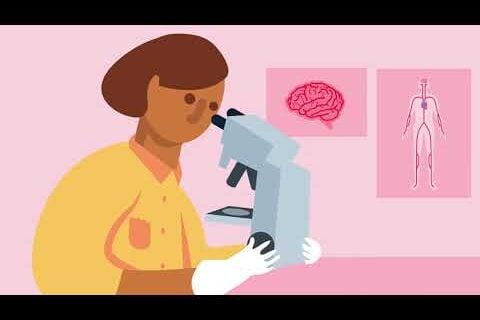40% of family caregivers develop depression, which typically leads to care breakdown. Family caregivers who took the START (STrAtegies for RelaTives) course were 7 times less likely to develop depression. Benefits lasted for at least 2 years. Find out more about START.
A psychological intervention called "START" provides stress relief and emotional support for people caring for relatives with dementia. It can reduce depression and anxiety and improve wellbeing at no extra cost to standard care, finds new University College London (UCL) research published in Lancet Psychiatry.
The study, led by Professor Gill Livingston (UCL Psychiatry), found that family caregivers who took the START (STrAtegies for RelaTives) course were seven times less likely to develop clinically significant depression than those given usual care, with benefits lasting for at least 2 years.
Two-thirds of people with dementia live at home, with their family providing most of their care. There are around 670,000 of these family carers in the UK and more than 15 million in the USA. However, about 40% of family carers develop clinical depression or anxiety, which typically leads to care breakdown, and results in individuals with dementia moving to a care home.
Livingston and colleagues randomly assigned 260 family carers who did not have depression at the start of the study to either the 8-session START programme (173 carers) or to usual care consisting of medical, psychological, and social services for the person with dementia (control; 87). START was delivered by non-clinically trained psychology graduates working on a one-to-one basis with family carers at their home to identify individual difficulties and implement coping strategies (eg, behavioural management techniques, help with accessing emotional support, and relaxation).
Assessments were made of depression and anxiety using the Hospital Anxiety and Depression Scale (HADS) and of cost-effectiveness over 2 years.
On average, carers in the START group reported a significant (2.58 point) improvement in HADS total score compared to the usual care group in both the short (8 months) and long term (24 months). Moreover, START was no more expensive, and showed the best value for money based on NICE cost effectiveness thresholds
According to Professor Livingston, “Worldwide, there are an estimated 44 million people with dementia, and this figure is likely to double every 20 years. Too often people forget the substantial effect dementia has on family members caring for relatives with dementia. Policy frameworks assume that families will remain the main providers of their (unpaid) support. This new cost-neutral programme is an effective way to support carers and improve their mental health and quality of life and should be made widely available.”
To see how the START course was led and what was said and done, see the START manual. START’s LEADER MANUAL is contained in the NIH’s Health Technology Assessment. The START manual is on pages 101 through 271. To download the report, click on:
"The START Manual:
STrAtegies for RelaTives (See pages 101 – 271)" .
SOURCE:
The Lancet












